Archived version: https://archive.ph/q7BZB
For five long years, the ZX Spectrum magazine Crash tried to get an interview with the people behind Ultimate Play the Game, which had become one of the UK’s premier games developers. They heard nothing until, one day early in 1988, Crash got a phone call. It was them. And they wanted to talk.
Ultimate Play the Game, a trading name of Ashby Computers and Graphics, began in 1982, owned by one family: the Stampers – brothers Chris and Tim, and Tim’s future wife Carole Ward, alongside programmer John Lathbury. Even at this stage, the Stampers were supremely confident in their own abilities, honed during the development of several arcade games. “We chose [this] company’s name because we felt it was representative of our products: the ultimate games,” Tim Stamper declared in an August issue of Home Computing Weekly. The brothers designed and created games while Carole juggled administrative roles and contributed art to several of its first hits. Those early titles included Jetpac, the home computer game that thrust the company into the big time, and turns 40 years old this year.
Initially, Ultimate focused on the UK’s predominant home computer, the ZX Spectrum, despite reservations about its technical constraints. “When the Spectrum came out, we thought ‘what a piece of garbage,’” proclaimed Tim Stamper in his 1988 interview for Crash. But the Sinclair computer grew on the brothers and its ubiquity (at least in the UK) led them to appreciate the commercial opportunities. Having begun their games-development careers creating arcade games in a minimal UK market, the brothers turned their talents towards this home computer.
For some of Ultimate’s longest-standing fans, their first game remains their best. Coded in under 16K, Jetpac was by necessity an uncomplicated game, but it perfectly replicated arcade-style thrills at home. Its hero – Jetman, who would become an unofficial Ultimate mascot – scoots from platform to platform, picking up pieces of his rocket before fuelling it up and heading upwards to the next alien-infested rock. “What puts it to No 1 in this review is the fantastic quality of the graphics,” noted ZX Computing magazine at the time. “But the thing that really caught my eye was the incredible smoothness of it all.”
Buoyed by the astonishing success of Jetpac, the Stampers created several more impressive hits for the Spectrum. Pssst, Cookie and the driving game Tranz Am all appeared in the summer of 1983, before Ultimate left the 16K Spectrum behind, moving to the heady heights of the 48K model. Lunar Jetman was released in the autumn of 1983 to massive praise throughout the dedicated Spectrum press. “Well, what can you say? Marvellous seems inadequate,” gushed one Crash reviewer.
Lunar Jetman was another smash, and the Stampers quickly followed it up with the brilliant adventure game Atic Atac. At the same time, with incredible foresight, the brothers were already investigating a new console emerging from Japan, “the Nintendo”. Ultimate’s contacts in the Japanese arcade industry had led them to this new, dedicated games machine. “It had colossal potential,” said Tim in the Crash interview. “We looked at this, and we looked at the Spectrum – and the Spectrum was hot stuff – but this was incredible.”
Tim and Chris spent several months learning all about what would soon become the Nintendo Entertainment System (NES), while simultaneously working on a game that would redefine the ZX Spectrum and create a new genre. With six high quality games under its belt in less than a year, Ultimate had established itself as one of the UK’s finest games publishers. Incredibly, it was about to get even better.
In 1984 Ultimate released Sabre Wulf, the first adventure for a new hero, Sabreman – quickly followed by his second. Then there was Knight Lore. Presented in trademarked “Filmation”, the isometric graphics – a thing of cartoon beauty on such limited technology – predictably wowed reviewers, gamers and programmers alike. “I was handing over Match Day to Ocean when [Ocean boss] David Ward said I needed to look at this game they were distributing,” says Jon Ritman, the coder behind Spectrum isometric classics Batman and Head Over Heels. “I loaded it up and was just blown away. It was like a Disney film you could play … I didn’t even understand how they made the graphics overlay each other … cleanly as well, not in straight lines, but diagonals. It was just great.”
Like many of his peers, Ritman soon worked out and even improved upon the Knight Lore engine, so similar games proliferated, particularly on the Spectrum. The Stampers had an inkling this would happen: Knight Lore, and a considerable portion of its follow-up, Alien 8, were already completed when the company released Sabre Wulf. All these games received glowing reviews, and with its output now retailing at a pocket-money-busting £9.95 (compared to the average of £6-8 at the time), Ultimate was at its peak. So naturally, in 1985, the Stamper brothers decided it was time to bail out of the home computer market. Rival software publisher US Gold purchased the Ultimate brand, and the Stampers reinvented their company as the console-focused Rare.
It was the biggest switch in UK gaming history: the country’s most critically and commercially successful programmers (at least on the ZX Spectrum – things weren’t quite so rosy for Ultimate on the Commodore 64 and Amstrad CPC) had suddenly left behind the computer that had made them. Ultimate’s entire home computer catalogue appeared to be merely a calling card for bigger things. “It was sort of an introduction process,” said Chris in 1988. “We had to show Nintendo that we had the capability before they could give us the rights to go ahead and produce for their system.” After the video game crash in the US, the Stampers saw that the market was returning, and predicted that the Nintendo Entertainment System would be at the forefront of this revival. “We knew a market was going to boom in Japan and America, and we set up Rare to handle that,” noted Tim in Crash.
By 1988, Rare had released several NES games including the downhill skiing simulation Slalom, and action platform game Wizards & Warriors. The company was rapidly approaching 20 employees, one of whom was Ritman, the creator of one of the most revered homages to Knight Lore, Head Over Heels.
“They were very mysterious, mainly because they were so busy and didn’t have the time,” says Ritman. “They had decided to start this new company [and] there was this huge interview in Crash. So I called the magazine, got a phone number and gave them a ring!” Supremely confident, it never occurred to Ritman that Rare might not be interested in his talents. “Fortunately, they’d played my games. Years later, Tim told me he’d never seen someone so certain they would be offered work!”
Rare established a foothold in Japan via the US and its sister company, Rare Coin-it. After it reverse-engineered the console, Nintendo, impressed by its technical prowess, made Rare its first western developer.
And once established, the Stampers continued with their prolific output, focusing once again on a single platform.
By the early 90s, Rare had published more than 30 games for the NES. And then the Teenage Mutant Ninja Turtle-inspired Battletoads became its conduit into Nintendo’s next-generation console, the Super Nintendo Entertainment System (SNES). By now, so confident was Nintendo in its premier western partner it even entrusted the developer with one of its own properties, Donkey Kong. “[Shigeru Miyamoto] was admirably hands-off, actually,” recalled Rare’s Gregg Mayles in Retro Gamer magazine. “I mean, he handed one of his characters over to us, and we changed the look of it completely.”
Arcade beat-’em-up Killer Instinct followed, together with two further Donkey Kong Country games. But it would be with Nintendo’s next console that Rare would achieve its highest fame. Renowned today as one of the best movie licence video games of all time, GoldenEye 007 energised FPS gaming on consoles and, along with the underrated Blast Corps and manic Banjo-Kazooie, cemented Rare’s position in the top tier of UK games developers.
Then the 00s brought a new era of consoles, and Rare struggled to hit the heights of the previous decade. Microsoft purchased the developer in 2002, and the Stampers departed in 2007. The family atmosphere of the 90s, when Chris and Tim sat in on interviews and left their talented developers to work unhindered, offering occasional golden nuggets of advice, was long gone. “Microsoft and Rare was a bad marriage from the beginning,” Rare’s Martin Hollis told Eurogamer in 2012. “The groom was rich. The bride was beautiful. But they wanted to make different games, and they wanted to make them in different ways.”
Like most enduring marriages, the couple found a way to manage the relationship. The Stampers may be gone but Rare continues today, tasting success again with a popular online pirate game, Sea of Thieves. Despite its travails, Rare is still a hotbed of talent. “With all the talent in the UK and with all those thousands of people writing games, I feel it should be UK companies producing the No 1 arcade games,” signed off Chris Stamper in that 1988 Crash magazine interview. “And then everyone in the world following that – because Britain’s got the best talent, without a doubt.”
 English
English English
English English
English English
English English
English English
English English
English English
English English
English English
English
 English
English English
English English
English English
English English
English English
English English
English English
English English
English English
English English
English English
English English
English English
English English
English English
English










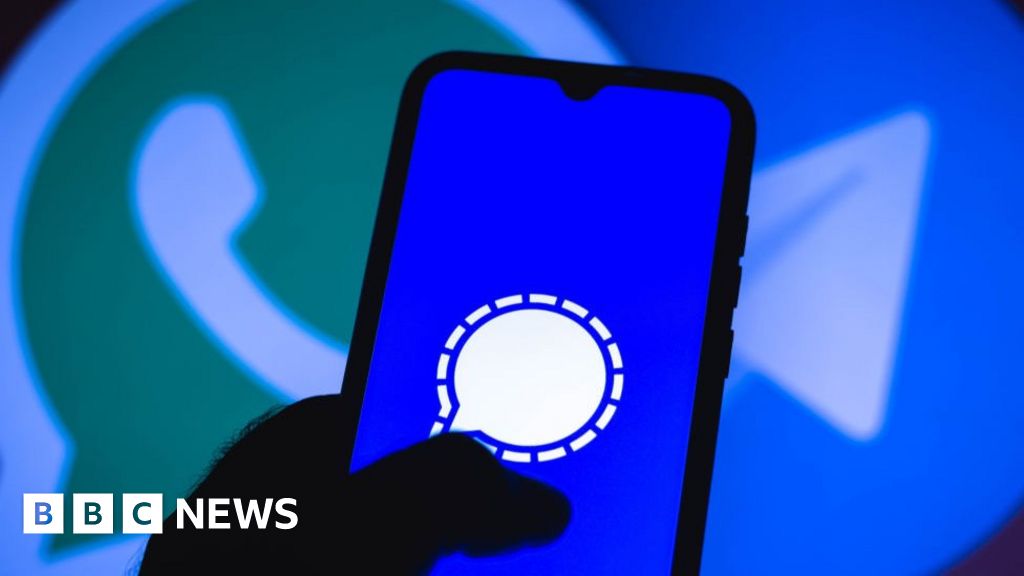


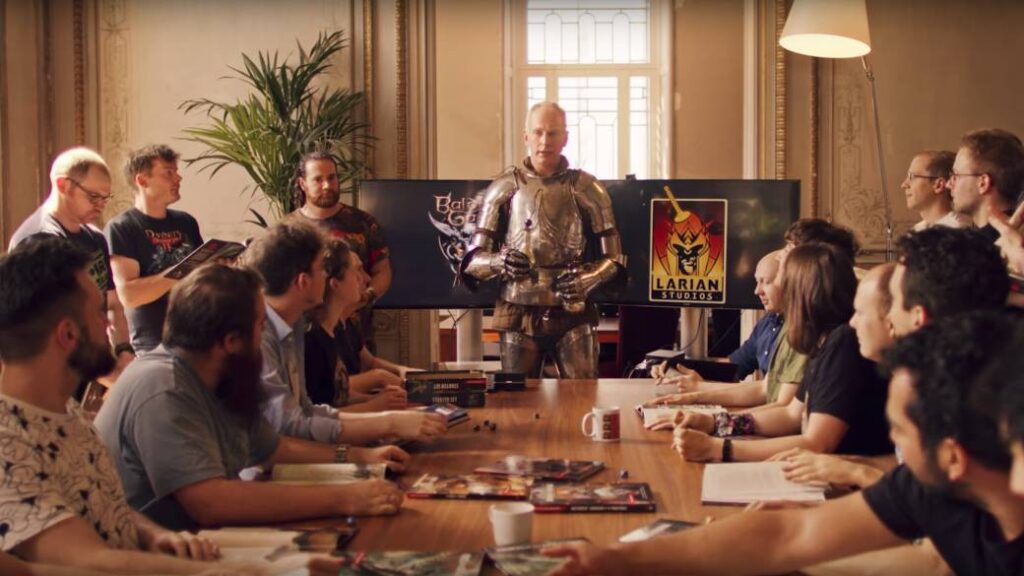
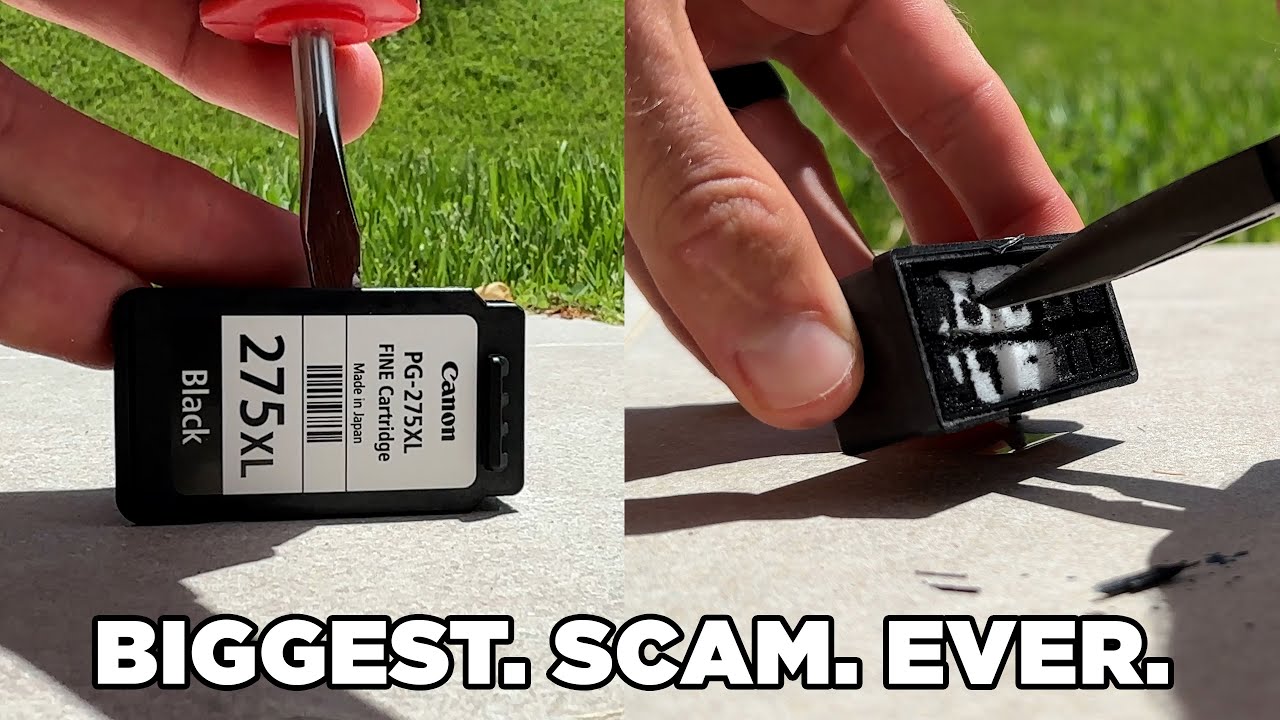

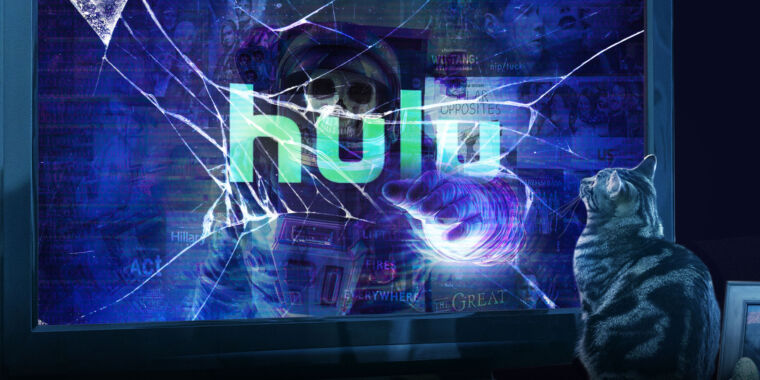






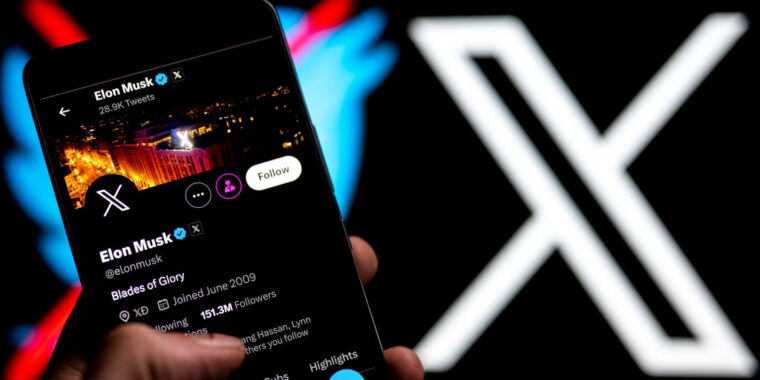
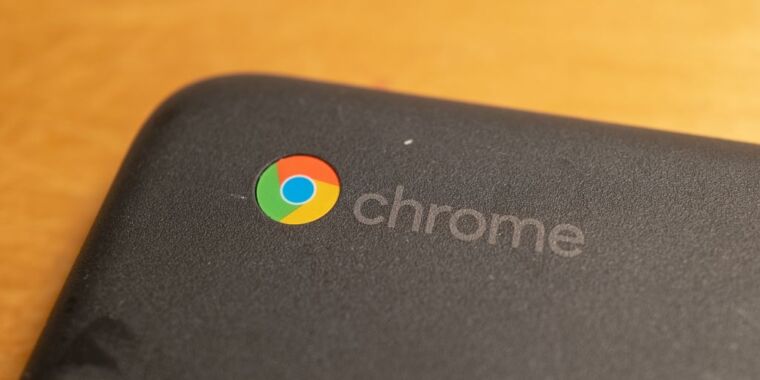

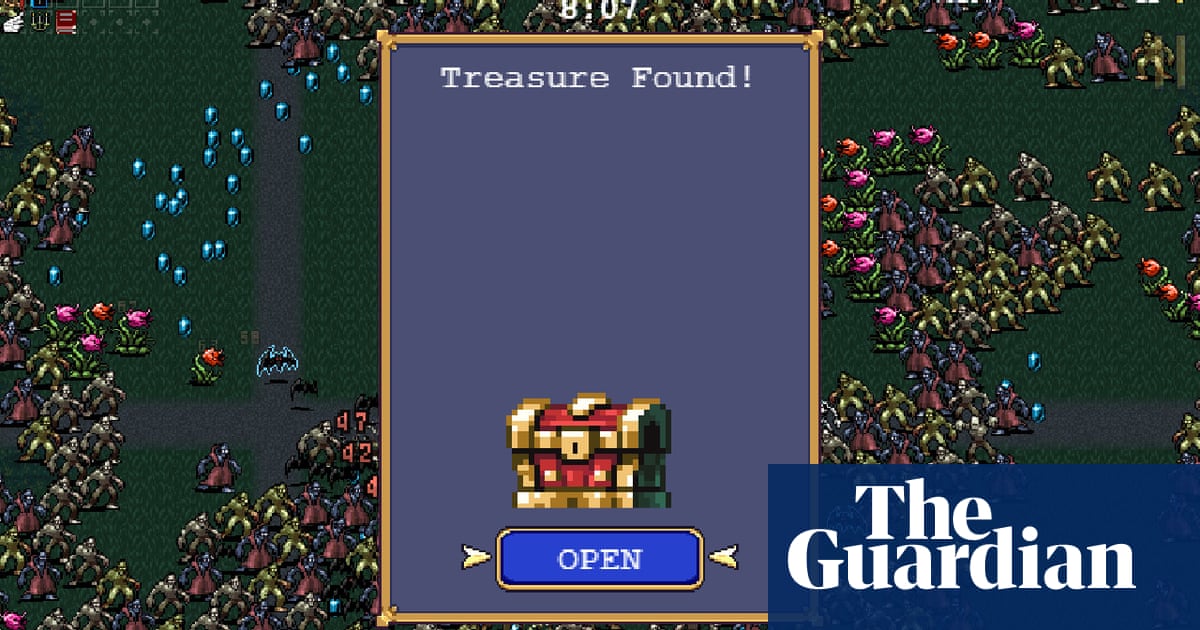
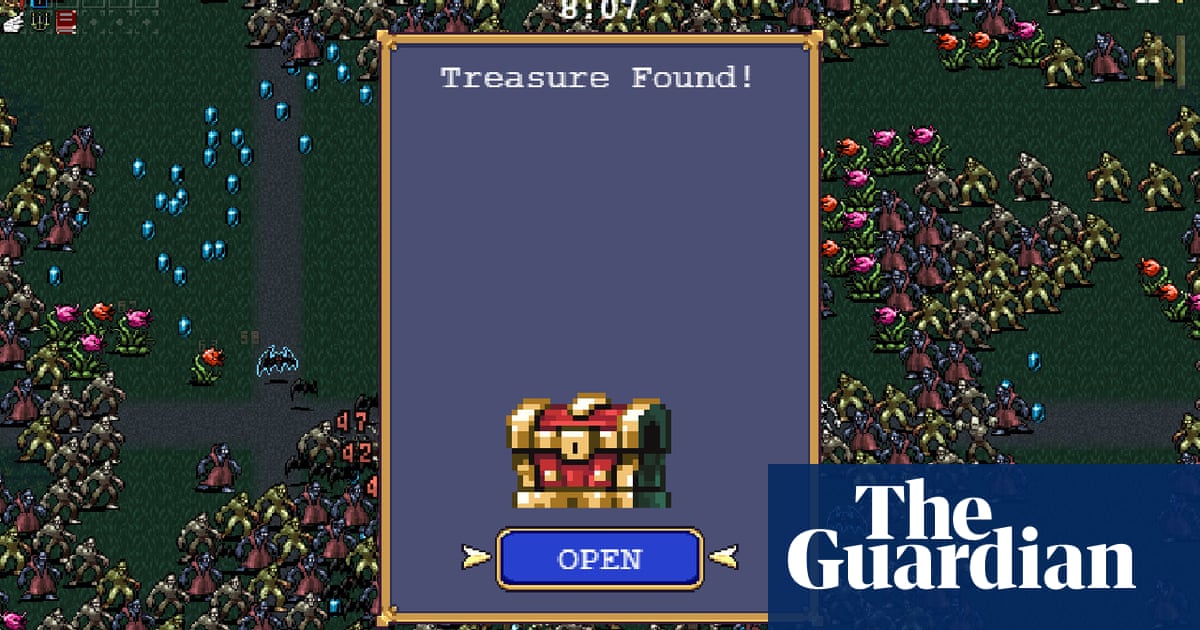





They did see the criticism; in fact a lot of it was aimed directly at them. But they thought that they were right.